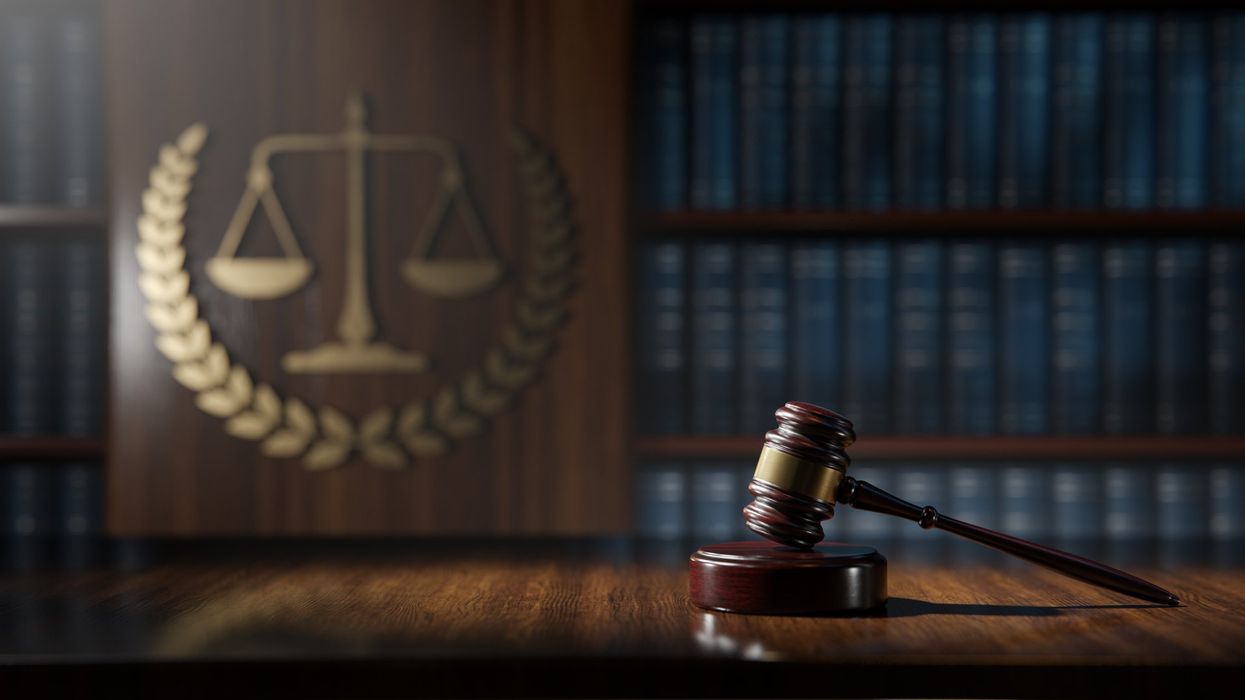Lawyers know that President Trump’s executive orders targeting individual law firms, and now, the entire legal profession, are illegal and unconstitutional. The situation puts a choice to every lawyer and every law firm. Do you fight – speak out and act out against this lawless behavior? Or do you accommodate it, keep your head down, and wait for the storm to pass?
The answer is to fight. Here’s why – and here’s what lawyers should do.
Our system of government is rooted in the principle that government power is constrained by guardrails. Whether legal, constitutional, or simply norms of behavior, these guardrails are so clear that few Americans disagree with them: government power is constrained by the courts; free speech is sacred; Congress gets to decide how money is spent; law enforcement decisions are made through a rigorous process, not political whim; government officials must tell the truth and follow the law.
These guardrails are not self-enforcing. All citizens have a role to play in enforcing these principles but lawyers have a special duty. For the privilege of entering this profession, lawyers swear an oath to protect the Constitution. And that means when the government is crashing through these guardrails, lawyers have an obligation to act – and to take sides.
Paul, Weiss is an example of a firm that has failed to live up to this standard. After being hit with an illegal and unconstitutional executive order, trying to put the firm out of business, the firm decided that instead of fighting, it would cut a deal requiring it to provide $40 million in free legal representation to causes identified by President Trump and to make other major changes in its operations. The leadership of Paul, Weiss decided that its highest duty was to stay in business.
Other firms and attorneys are in the fight. For example, Williams & Connolly is representing Perkins Coie, as it deals with another illegal and unconstitutional executive order targeting it. This is an act of principle and courage, as Williams & Connolly will likely face a fate similar to their client’s. Or look to the example of the young associate from Skadden who had everything to lose but decided her principles mattered more than her job.
Far too many law schools and their leaders seem to be trying to avoid confrontation. But these institutions, which teach the Constitution, the rule of law, legal ethics, and lawyers’ duty to preserve and protect a system of law focused on justice and fairness, don’t get to sit silently when those very principles are under attack. They have an obligation to set an example. It is past time for these leaders to speak out against this behavior, to call out their alumni who are acting this way, and to even revoke their degrees.
Individual lawyers and ordinary citizens also must act. If you’re an attorney at a firm that won’t live up to these sacred principles, there are other firms that will hire you. If you’re a company with business with a firm that isn’t living up to these standards, consider moving your business to one that does. And if you’re an alumni of a law school that has stood on the sidelines, demand action, and stop donating.
Above all, the message must be clear. The government cannot break the law and it cannot violate the Constitution. As lawyers, we swear an oath to represent our clients with zeal. The Constitution and the rule of law deserve the same representation. In the end, if lawyers won’t speak out now, when their profession is under an illegal and unconstitutional attack, when will they? If lawyers won’t fight for themselves, who will? And if lawyers cave in, who will be left to fight for the rest of us?




















Trump & Hegseth gave Mark Kelly a huge 2028 gift